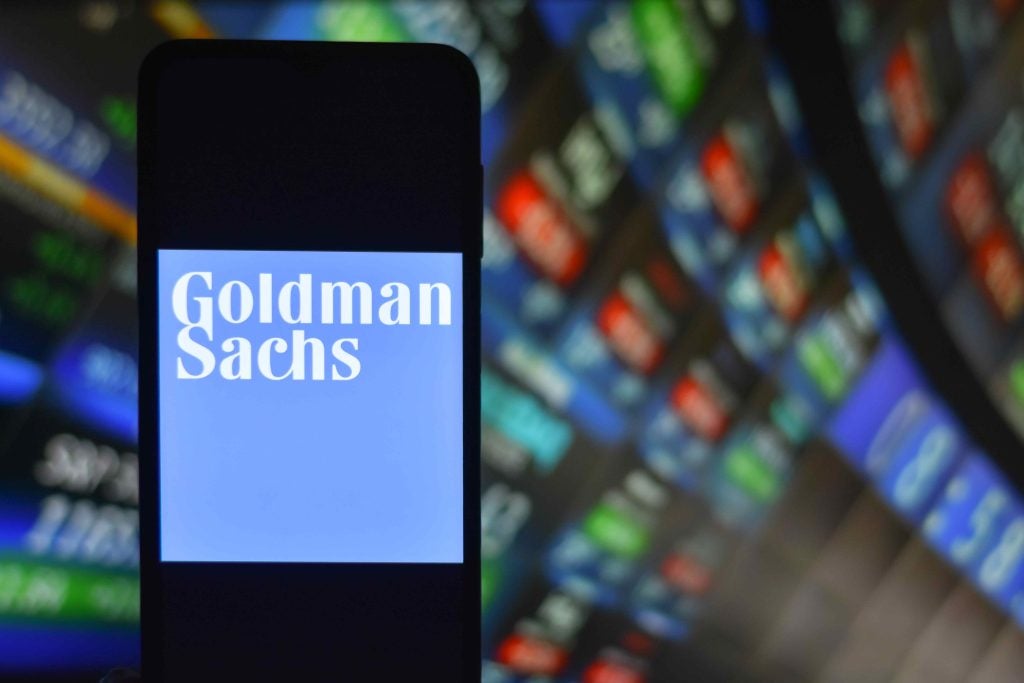The prospect of a Conservative minority or Labour–led government emerging from the 8 June 2017 general elections in the UK would not be welcomed by investors, according to Swiss giant UBS.
The UBS report titled UK Election: no longer a foregone conclusion reveals that a change in status quo resulting from the general elections could possibly bring significant political and economic uncertainty, as the economy is already showing signs of slowing down.
Under the scenario of ending up with a minority Conservative government, UBS anticipates that the current UK Prime Minister Theresa May will resign, starting the search for a new leader. In consequence, the domestic policy outlook will be uncertain and concerns over the UK not reaching an agreement with the EU before 30 March 2019 will increase.
In the instance of a Labour-led government supported by other parties or as a formal coalition, the established political landscape would change. According to the report, “higher taxes, more spending on public services, and higher investment funded by greater levels of borrowing would be on the domestic agenda”.
In addition, a Labour-led government would hardly form a consensus view on Brexit, possibly undermining negotiations and limiting the government’s life, according to UBS.
Dean Turner, European and UK economist at UBS Wealth Management said: “If our base case emerges and we see a Conservative majority of above 50 seats, we expect sterling volatility to dampen in the short-term.
“Yet in what has accurately been called the Brexit election, a less than stellar performance by the Conservatives resulting in little change of the make-up of parliament would increase market concerns. May needs to be less beholden to backbenchers in her party favouring a swift and hard Brexit, to ensure she has the best chance of securing a transition deal.
“In our view, this is the single biggest risk facing the economy which would likely result in a sharp slowdown in growth as trade falters and firms shift investment from the UK into the EU.
“In this instance, or in the face of a Labour-led minority government, we expect uncertainty over government and the outlook for domestic economic policy to weigh on sentiment for the pound. At the least, it is likely the pound would give up the bulk of its post-election announcement gains. After this, retreating back to low 1.20 levels versus the USD is a real possibility.”
UBS’ base case remains that May will be returning to 10 Downing Street with a larger majority in the 8 June elections, despite latest polls suggesting that the gap between the Conservatives and Labour parties has narrowed significantly.
At the start of the electoral campaign, the Conservative party was leading the opinion polls, with approximately 20 percentage points over Labour.
Since the release of both the manifestos, along with policy U-turns, the gap between the Conservatives and Labour has narrowed significantly.
According to the BBC, recent polls have revealed that the Conservative gap over Labour ranges from just one point on Survation’s poll to 12 points on the ComRes.
John Wraith, head of UK rates strategy at UBS, commented during a lunch briefing in the bank’s London offices:
“A conservative majority is what the markets are expecting. A conservative minority government would probably be the worst result for the markets, because it could be seen as being the most unstable form of ongoing government, in my view.”







